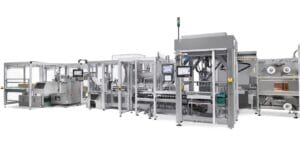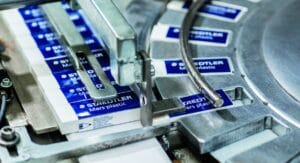
A complex product range requires a complex packaging process? You might think so. But the automation of the packaging process of Siemens Healthcare Diagnostics Products GmbH shows: With a competent partner like R.WEISS Packaging GmbH & Co KG, flexible solutions based on modular design can be realised. This is also the case here, for which an intelligent UNIROB turnkey system for packaging diagnostic products was developed.
Multi-packs are part of the Siemens Healthineers product range. The contents of the multi-packs consist of a wide range of partially manufactured components with a variety of product-specific arrangements within the folding carton. In addition, value tables are added to the sales packs.
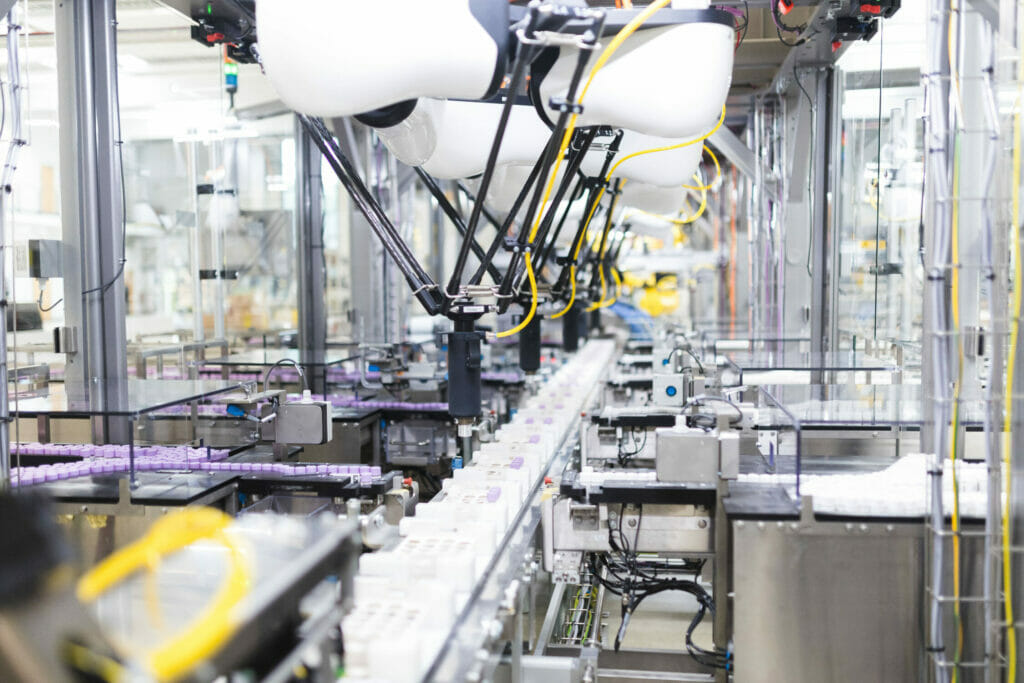
In order to automate the process of filling these folding boxes, which had previously been done manually, a suitable partner now had to be found that met the requirements of Siemens Healthineers. In addition to the automated filling of the folding boxes with a wide variety of products of numerous variable dimensions and arrangements, as well as the value tables, the system was also to be guaranteed as high an autonomy as possible, for example through sufficient storage capacity of the material supply.
As a subsidiary of Siemens Healthineers, Siemens Healthcare Diagnostics Products GmbH operates worldwide as a leading company in the diagnostics industry and supplies laboratories on a global level with performance-oriented product solutions for diagnosis and therapy monitoring. The company combines science, technology and practicality in its products and services, providing users with the information needed to improve individual patient healthcare.
The packs should then be sealed, labelled and checked for completeness. Process reliability should also be increased by subjecting both the product feed, the entire packaging process and the subsequently applied labels of the folding carton to constant quality control and by providing a corresponding possibility of controlled ejection of missing packages after each process step.
R.WEISS Packaging: the right partner
In view of these requirements for a packaging solution, the company turned to a competent partner in R.WEISS Packaging, with whom the automation of the packaging process was now to be implemented and the packaging concept optimised in the process. Instead of the plastic inlays previously used to arrange and stabilise the products, environmentally friendly cardboard inlays were now to be used, which were developed in partnership with the involvement of the packaging supplier.
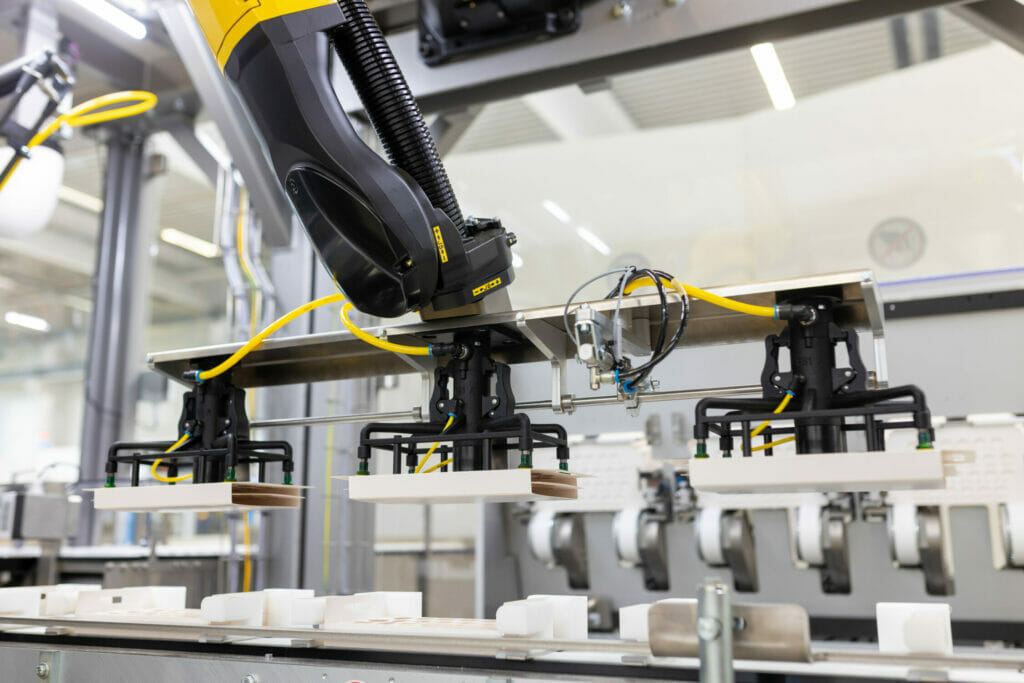
Particularly important here were the visual appearance for the customer, ensuring safe product transport, the quality of the material to be used, but also the machine suitability of the packaging concept. The substitution of the previously used material plastic not only enables laboratories, hospitals and medical practices to simplify the recycling process of the packaging material, it also underpins the philosophy of the two companies to always act in the spirit of sustainability and thus act as role models for the industry.
After initial contact at interpack 2017, the two companies quickly established a partnership. Both in the planning phase and in the implementation, Siemens Healthineers and R.WEISS Packaging worked hand in hand, which not only generated a smooth project flow, but at the same time also enabled the realisation of a packaging solution that was optimally tailored to the needs of Siemens Healthineers.
UNIROB: a clever system ...
In the first step, the cardboard inlays are provided to the inlay denester via a magazine that has to be filled manually by the operating personnel. While the inlays were previously made of plastic and manually inserted into the folding carton by the employees at Siemens Healthineers, a six-axis robot now sucks the cardboard inlays from the magazine to the designated area, unfolds them and then inserts them into the carrier conveyor, which can be flexibly and fully automatically adapted to the respective formats. The conveyor transports them to the next station of the line to be loaded in the next step by the pickers in a completely flexible manner, depending on the selected format or recipe. The glass or plastic bottles contain liquid or lyophilised products.
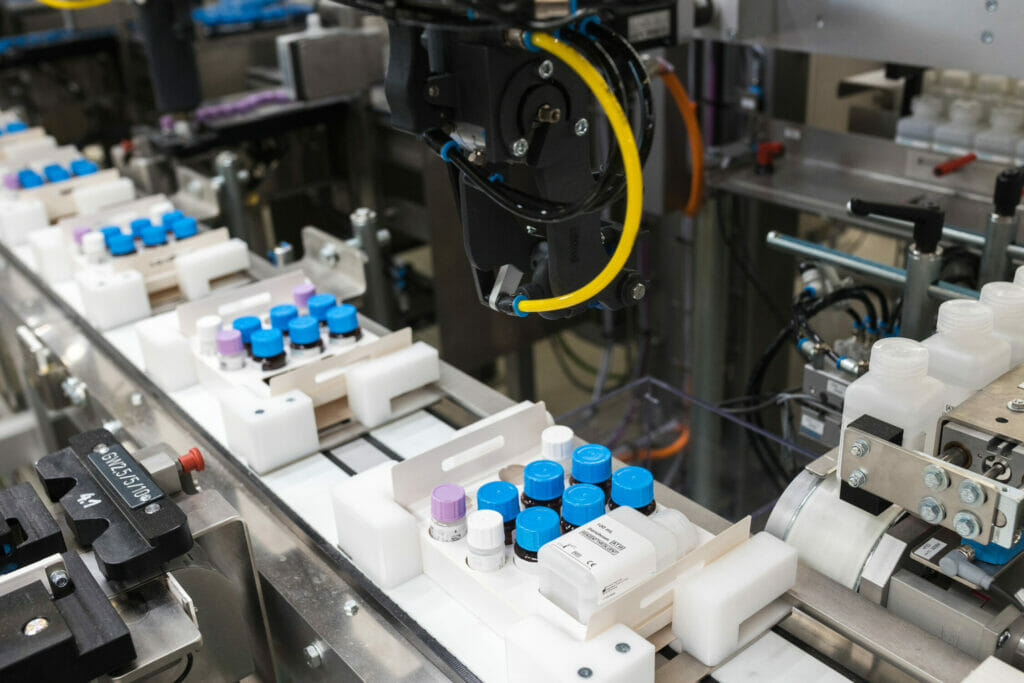
The picker area of the line consists of two UNIROB cells in which a total of five R.WEISS delta pickers process the products and bottles from ten feed lanes. Nine of the feed lanes are only intended for round products, which are separated and made available to the picker. The tenth infeed table rounds off the product spectrum; cuboid plastic bottles can also be fed in here and processed accordingly. In order to ensure that no incorrect products are fed in, a barcode must be read out before the products are fed in manually, and this is cross-checked by the system. Only after the system control has given the go-ahead does the operating staff have the option of loading products. The release is effected both by a locking device on the infeed area and supported by a visualisation of the respective product infeed as well as the selection of the corresponding infeed table via additional assignment screens.
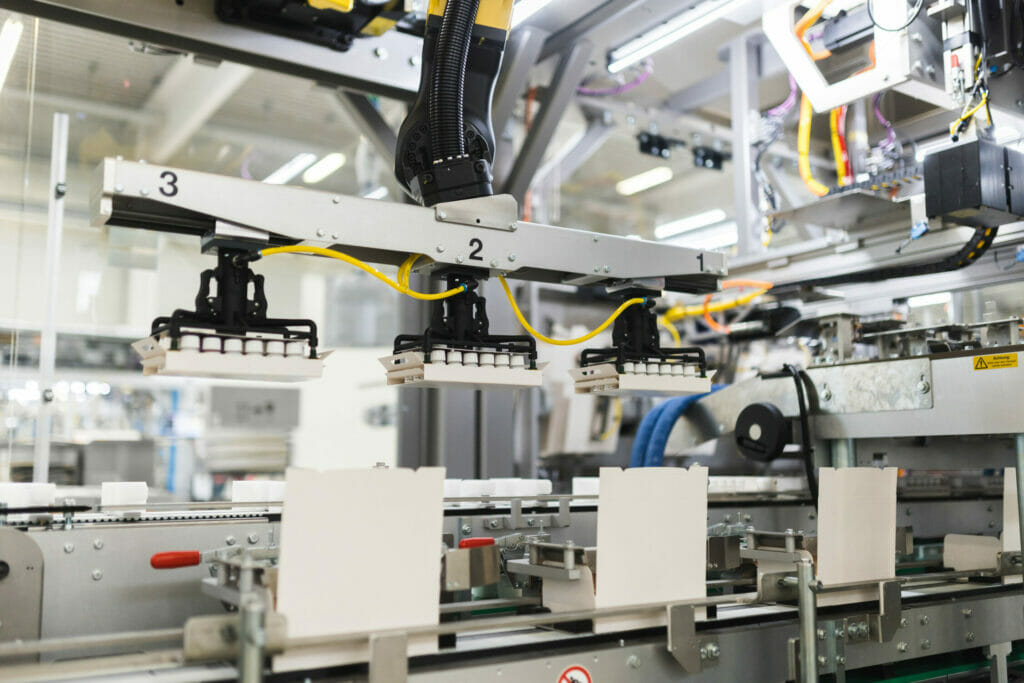
After the products have been separated, they are picked up in the next step by the five Delta pickers and inserted into the erected inlays at the designated position. The products are picked up with the help of special picker tools that are adapted to the contour of the individual covers. For a quick format change, the tools are equipped with quick-change devices. This means that format parts can be changed without tools within a few seconds.
... also for handling the boxes
The filled inserts are then inserted into the folding boxes provided. For this purpose, the folding box blanks are available in an ergonomically accessible blank magazine that can be filled during operation. The folding box blanks are sucked in by a robot axis, separated from the magazine and glued. A folding die moves the blank through the folding tool, gluing the sides of the cardboard that have been provided with hotmelt glue and forming the previously flat die-cut blank into a folding box. The loaded inlays are now inserted by removing the inlays from the carrier conveyor with the aid of a six-axis robot. The robot places the inlays into the folding boxes, which have been indexed by a side conveyor from the erector to the filling position in the UNIROB cell. The insertion of the loaded inserts is carried out reliably by means of filling centring devices. In addition to the inlays filled with products, the flexible design also allows the products to be inserted directly into the folding carton. An inlay is not used in this case.
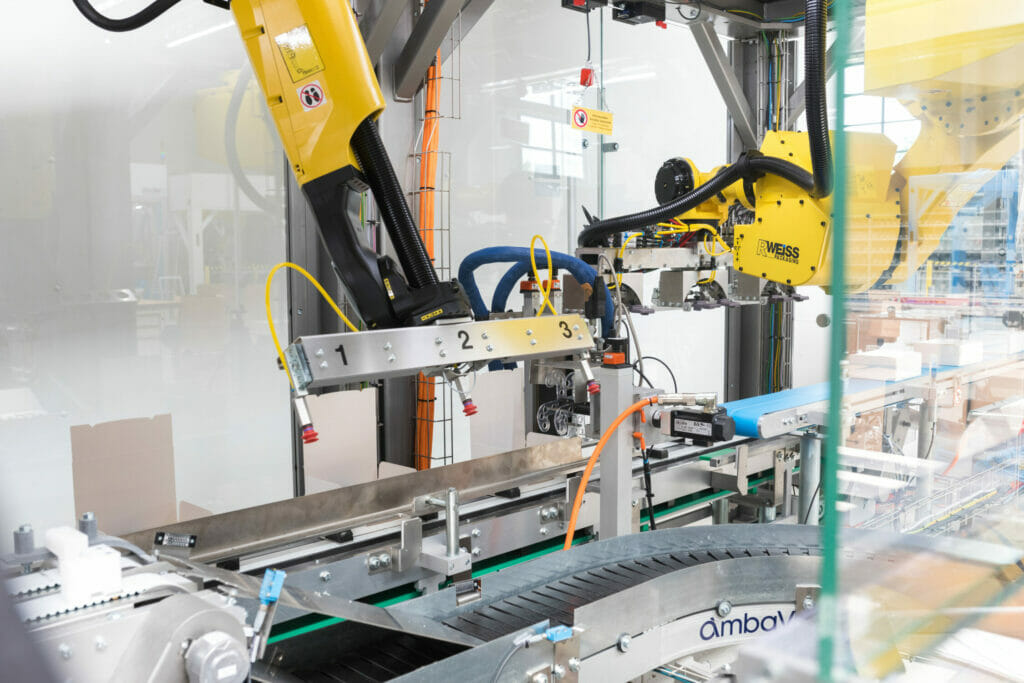
The filled folding boxes are then conveyed to the next station of the UNIROB packaging line. Here, too, the value tables are placed in the folding box by another six-axis robot. For this purpose, the robot removes the value table from a magazine by means of vacuum suction cups. Before the table is removed, the data matrix code of the insert in the magazine is checked. After the folding boxes have been sealed with hot glue, they are each marked with two labels. The printed labels are checked before dispensing and only applied if approved. Siemens Healthineers is also taking a new approach to closure technology: Whereas an over-corner label was previously used as a tamper-evident closure, an efficient perforation is now used to simplify product handling.
Success through teamwork
The close cooperation between Siemens Healthineers and R.WEISS Packaging has not only resulted in an efficient system for automating the previously manual handling. Rather, thanks to the R.WEISS system, Siemens Healthineers is now enabled to implement a process- and fail-safe as well as extremely flexible and also sustainable packaging process, which not least has a great influence on the satisfaction of laboratories, hospitals and medical practices. The close contact during the entire planning and implementation process, the joint innovations and ideas utilise synergies: The new packaging plant does not simply modernise the company’s internal packaging process, it is a product of bundled know-how of the two industry-leading companies.
More packaging news

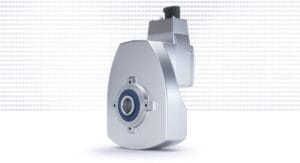
Asynchronous servo solutions for the packaging industry
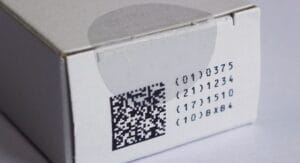
Label Durability
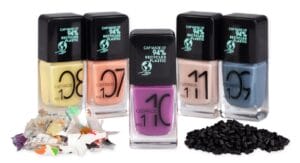
More design for recycling for cosmetics packaging
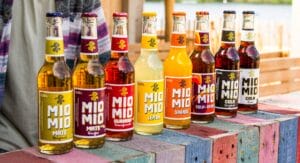
Innovation Barometer 2024
